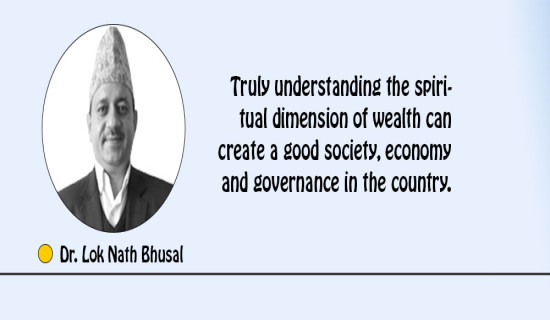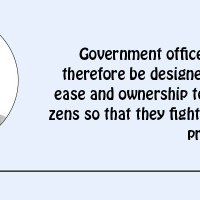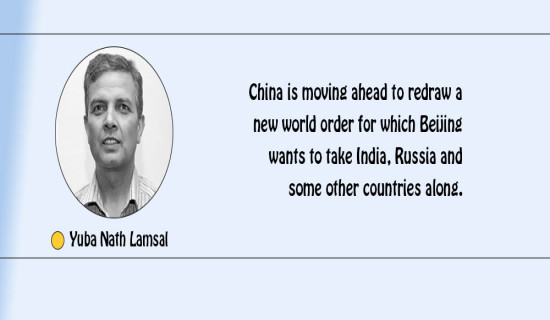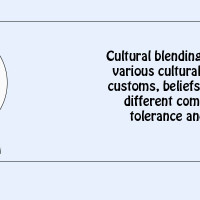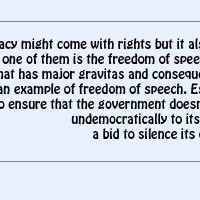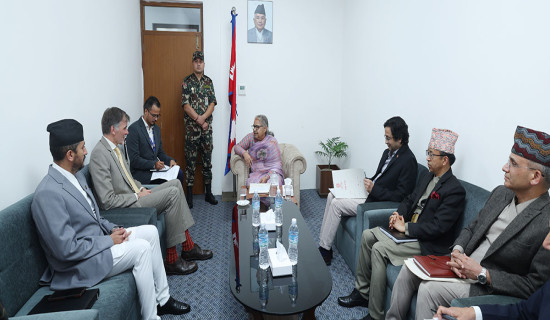- Thursday, 30 October 2025
Israel Risks Int’l Isolation
Within days after the Congress approved an aid package of $26 billion in April, NATO member Turkey stepped out in support of an independent Palestine. This was followed by Russia demanding at the United Nations an international investigation into mass graves found in Gaza. When a wave of protests at dozens of American universities took place, at least 2,200 were arrested. Many of them were suspended. In Amsterdam, too, force was used to disperse students who rallied against Israeli action in Gaza. The authorities justified the action on grounds of “unsafe situation”. The protest fever caught colleges in Australia as well.
Yemen offered fellowships at Saana University for those affected by the crackdown. Saudi Arabia made a similar offer to students suspended in Western universities for their support of Palestinian people. In the latest development, Spain, Ireland and Norway announced they would recognise Palestinian state. About 140 countries have already offered recognition to Palestinian state. Hamas raided Israel on October 7, in which more than 1,100 Israeli citizens were killed and about 250 people were held hostages. Israel quickly sent troops into Gaza and killed 35,000 people, mostly civilians, in less than eight months. While 78,000 are injured and thousands have not been accounted for, as many as 1.5 million people have been rendered refugees.
May, tens of thousands of Israelis demonstrated to press for Israel’s Prime Minister Benjamin Netanyahu’s resignation. A powerful voice that he is, US Senator Bernie Sanders said criticism of Israel was not anti-Semitism. Pointing out that Tel Aviv was in clear violation of American law, he warned that Israel was becoming a religious-fundamentalist country.
Pressure mounts
The massive numbers of people killed and injured have indirectly united hitherto mutually suspicious groups in the Arab world, but divided Europe and the rest of the West. Vociferous statements condemning Tel Aviv from some European capitals and Africa have emerged, though much of the world stands and stares with sullen silence. The pressure is echoed by the manner in which South Africa moved the International Court of Justice (ICC) bringing up charges of genocide against Israel. The incident served a notice to the defendant for exercising restraint.
ICC issued a statement condemning intimidation tactics against it by the US and Israel. This was after a group of 12 Republican US senators fired a letter to the international judicial body’s Chief Prosecutor Karim Khan threatening repercussions if arrest warrants were issued against Netanyahu and his team members. A nervous Netanyahu tries putting up a brave face amid the political debacle at the international level. But he is on the back foot. Jews among his own people are protesting against his leadership. Tens of thousands of them held public city rallies pressing for the prime minister’s resignation. They wanted their relatives held as hostages back.
At least four Arab nations have announced they would not allow foreign military bases on their territories to attack other Arab regions. They have begun to put their foot down. Jordan and Egypt — both regular recipients of US grants since decades — have spoken against Israel’s harsh attacks on Palestinian people. The United Arab Emirates, a close ally of Saudi Arabia, has joined the voices. The quartet warn that Palestinians cannot be wiped out. Times change not only for Palestinians but also for Israelis whose government seems to have gone too far this time. Their traditional allies are beginning to say enough is enough. The Jewish state has suffered heavy losses in terms of its image of military invincibility against and incessant support from the US and European allies.
Turkey, a NATO member, has halted all trade with Israel over the “worsening” humanitarian situation in Gaza. Ankara warned that it would strictly implement the measures until the Tel Aviv allowed uninterrupted flow of humanitarian aid to Gaza. In response, Foreign Minister Israel Katz accused President Recep Tayyip Erdogan of acting like a dictator. The two countries had a trade volume of $6.8bn in 2023. On the other hand, Iran is no longer dismissed as a “pariah” state resembling a 19th century, backward, technologically primitive and a society in the backyard of the world. Now the Arabs are taking it with awe and greater respect.
When it comes to proactively supporting the Palestinians in words and kind, Iran remains at the forefront. It disclosed that the West pleaded with it for not hitting Israel hard. The war has shown how cruel can wars be, pursued and supported by countries graded among the top by human rights organisations. It also exposed how lies are pedalled as news stories and analyses by the mainstream media that underplay Israeli setbacks and exaggerate Hamas’ losses. Selective expert views are inserted to tone up the propaganda.
Pragmatic push
An independent state of Israel is a fact of West Asian life and global map. Israel’s preparations for military operations in Rafah are a major stumbling block to prospects of a meaningful ceasefire. Turning a deaf ear on the US President Joe Biden’s repeated appeal for not entering the targeted territory, Netanyahu last fortnight gave a green signal to his troops to head toward Rafah.
After ordering tens of thousands of people to leave the area, Israeli troops reached the region bordering Rafah — a development reiterating the powerful Jewish lobby working in Washington. In reaction, however, Biden declared: “US won’t supply arms for Israel to attack Rafah.” Netanyahu insisted Israel would fight alone, “if need be”. That was a stupendously tall talk but staggeringly difficult to walk.
Hamas okayed a ceasefire proposal made after weeks of hectic negotiations facilitated by peace brokers but the Netanyahu government retracted when the time came for its formal endorsement, claiming that the draft did not meet Israel’s vital interests. Angered by the foot-dragging, people in Israel’s northern city of Galilee are seeking an independent statehood this week. The state of Israel is fact of life in as much as an independent Palestine is the eventual inevitability. Diplomatic prudence and due assessment of the ground reality should enable both sides of the decades-long conflict to redouble efforts at a lasting peace.
The United Nations General Assembly earlier this month backed Palestinian bid for membership by 143-9 vote in recognition of its qualification to join the world body. This brings into focus any continued US veto at UN Security Council that prevents a membership to Palestine. Until then the clouds of conflict are destined to grow thicker and darker.
(Professor Kharel specialises in political communication.)



